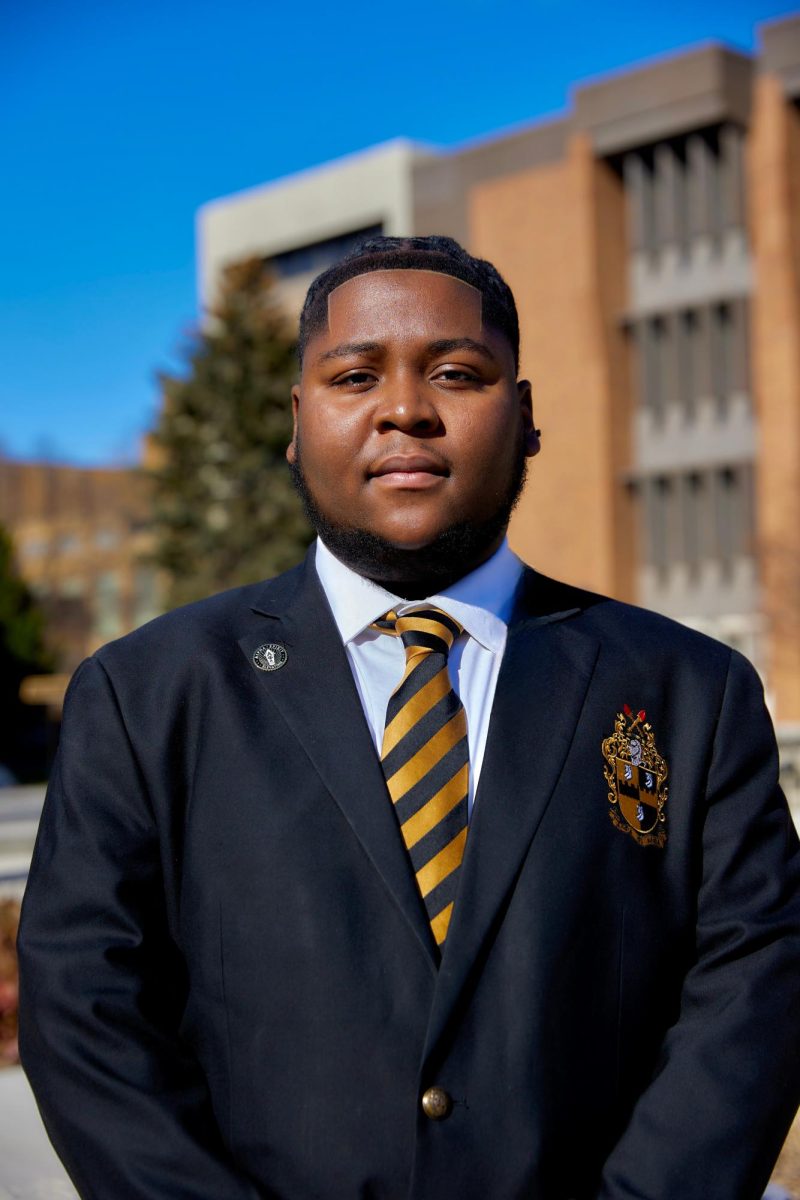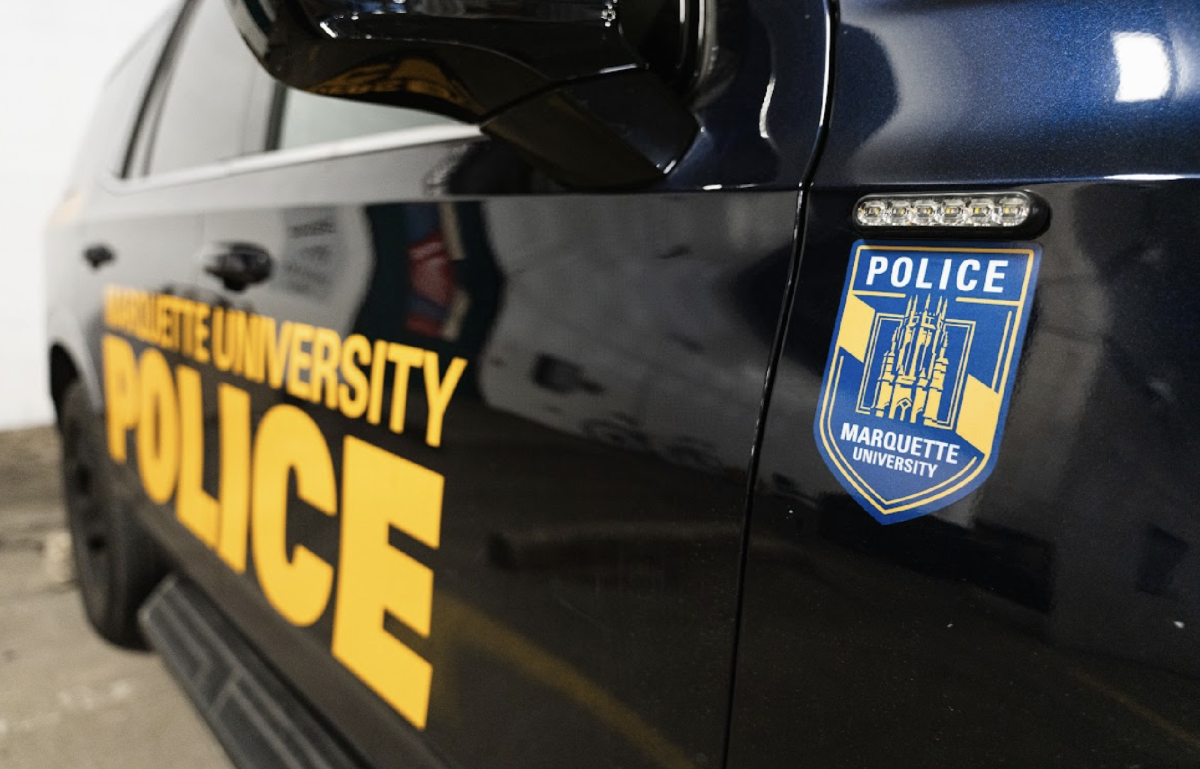A group of Milwaukee pastors called for the city to include $50,000 in its 2014 budget for a one-time gun buyback program to help get guns off the streets this month.
The program would offer $100 to $200 in gift cards for guns brought to the buyback location on a no-questions-asked basis. Smaller amounts would be offered for handguns and rifles, while assault weapons could be traded for larger sums. The proposal would be carried out at churches in ZIP codes with high rates of gun violence.
The city’s proposed 2014 budget does not include a $50,000 match for the association of pastors trying to buy guns off the street. However, as noted in an Oct. 14 article in the Milwaukee Journal Sentinel, the group intends to go ahead with a buyback regardless of city participation.
According to the Journal Sentinel, the mayor’s office and police department favored the idea, but needed to find funding for it. Since the city is set to adopt a budget Friday, an amendment would have to be made before then to include the provision. It looks unlikely that it will be added to the city’s budget. The city is right to deny the $50,000 funding match for a speculated decrease in gun violence when it’s struggling to maintain operating costs.
Similar programs have been tried across the United States, from Camden, N.J. to San Francisco, Calif. Many have been secular governmental proposals from police departments and city councils, unlike the religious proposition here in Milwaukee.
Camden authorities collected 1,137 firearms Dec. 14 last year at two church locations. A Star-Ledger article noted its popularity was most likely compounded by the Newtown, Conn. shootings that took place that day, as buyback programs are historically prompted by mass shootings. As of March, the state of New Jersey bought about 7,000 weapons with $900,000 acquired in police activity, such as drug raids. The guns were then melted down. Their components were used to make steel beams or car doors. The program was considered a success by state authorities and lauded by the Milwaukee pastors.
Although the correlation between the buyback programs and gun violence is not definitive, Camden police recorded an 18.8 percent drop in all homicides, 11.4 percent drop in robberies with firearms and a 7.4 percent drop in assaults with guns from 2012 to 2013. The Milwaukee pastors would argue this points directly to the success of the buyback programs getting several hundred guns off the streets.
While buy backs may contribute to drops in violent crime, there’s no causal relationship between the programs and crime reduction. As a 2007 Harvard study suggested, there’s no way to link gun control and reduced violent crimes. More importantly, there’s no way to tell if a gun buyback program will be effective in Milwaukee, specifically. There are many social, economic and political factors at play in crime rates – most notably education and income disparity.
Los Angeles began hosting an annual gun buyback program in 2009 and the causal relationship between buying guns back from residents and gun violence rates are inconclusive. There has been a 33 percent drop in violent crimes during that period, but L.A. crime rates have also dropped for at least a decade, incluing five years before the buyback programs began.
The premise is also flawed and could backfire. In Cleveland it prompted “private gun collectors” to buy guns at a higher rate than city police across the street from the buyback, which the Plain Dealer posited were then turned for a profit on the street instead of given to authorities. That only promoted more violent gun use.
The idea isn’t that expensive – $50,000 is less than 1 percent of the city budget – but the city should wait for more data from cities like Camden or L.A. There are so many factors that could affect violent crime reduction, including a boom in the economy. If the churches go ahead with the buyback without city funding as stated, it would be a good pilot program within our city’s specific socioeconomic conditions.
Putting up any government money without clear information whether they are contributing to lower gun violence isn’t worth the cost. Plus, the money for the Milwaukee plan would come directly from the budget, not from confiscated police money like in New Jersey.
Most importantly, buying back guns doesn’t solve issues at the heart of violent crimes, like a prevelant lack of education and poverty. Only solving these root issues will truly make a dent in the numbers of firearm-related crime rates.
Milwaukee still has one of the lowest achieving public school systems in the country and a huge disparity between rich and poor. No buyback program will change that.




